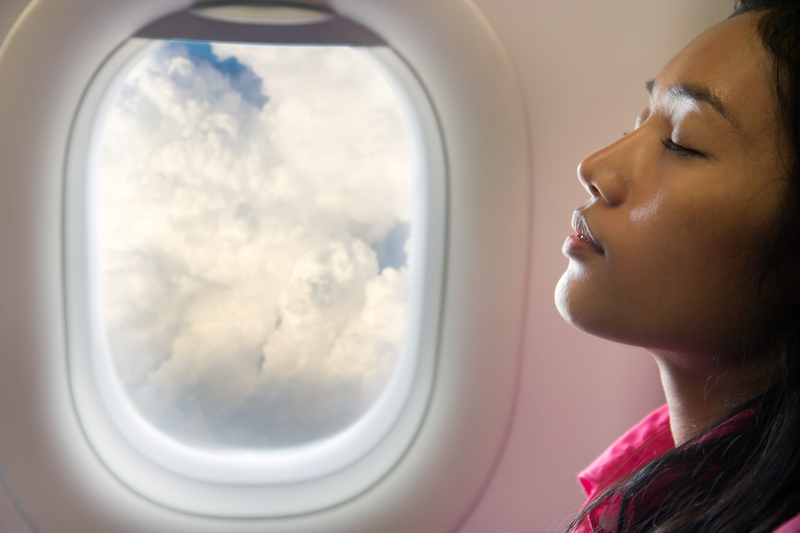A hearty breakfast instead of a midnight snack can minimize jet lag, according to a new study.
“To travel is to live”, was written by the Danish author H.C. Andersen in 1855 in The True Story of My Life. He loved traveling the world. The quote has since resonated not only among residents of Denmark, but citizen worldwide.
However, traveling also has a dark side, which affects us when we travel over longer distances, known as jet lag. Jet lag can be quite uncomfortable and turn an otherwise exciting adventure into a miserable experience.
Jet lag is caused by a difference between the circadian rhythm – the body’s internal biological clock – and the surrounding environment. In the 2000s, scientists realized that the body was not equipped with one but several internal clocks, regulated by different hormones.
The symptoms of jet lag can occur when these hormones get out of sync with each other. This can happen in several ways and becomes more prevalent with age.
It is not only the brain’s clock that controls the body
Jet lag occurs when the brain’s biological internal clock, i.e. circadian rhythm, is out of sync with the environment. This is often referred to as desynchronosis.
Modern research has shown that circadian clocks are present in almost every cell and tissue in the body.
These internal clocks respond to various signals. The brain’s clock registers sunlight, while the clocks of peripheral organs – such as nerves – depend on when you eat your meals.
However, not much is known about how the body’s various clocks interact with each other and what causes them to synchronize.
“Most studies primarily focus on one particular time cue or a single clock,” said co-author Yitong Huang, an assistant professor of applied mathematics at Northwestern University. “Important gaps remain in our understanding of the synchronization of multiple clocks under conflicting time cues.”
Huang and her colleagues modeled circadian rhythms using a series of mathematical framework that were a rough approximation of the human body. The framework allowed them to analyze multiple circadian rhythms and signals at once, including light exposure and food intake.
The solution passes through the stomach
The researchers’ framwork helped them determine what makes jet lag worse.
They found that common symptoms of aging, including weaker signals between circadian rhythms and a lower sensitivity to light exposure, result in a system that is more sensitive to disruption and slower to recover.
In addition, they could conclude that the stomach’s own clock is regulated when eating food. Therefore, the study believes that having a larger meal early in the morning in the new time zone can help overcome jet lag.
Conversely, it is not advisable to constantly change meal times or eat late at night. This could lead to misalignment of internal clocks, Yitong Huang explained.
Now, Yitong Huang’s team is looking to identify new factors to make internal clocks more resilient. She wants to refine recommendations to prevent jet lag and maintain a healthy circadian rhythm for as long as possible.

